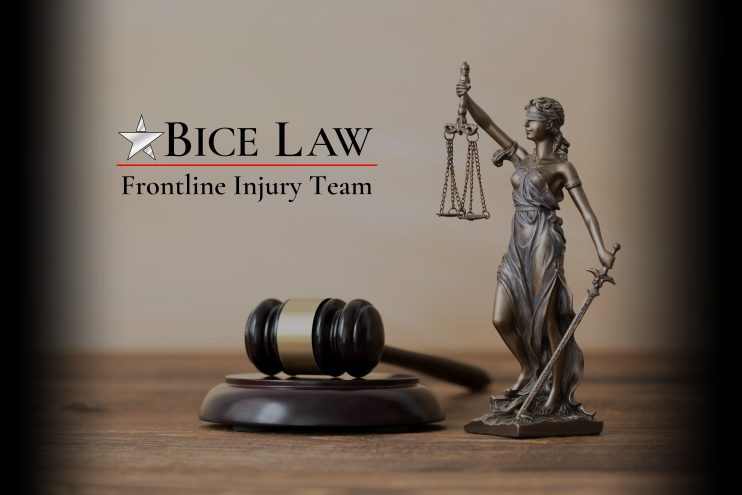Punitive damages are imposed in cases involving egregious conduct to punish or make an example of the defendant. In order for a plaintiff to be awarded punitive damages, some states require that a defendant’s actions must be intentional acts of malice. In contrast, other states require only that the defendant acted with willful indifference, wanton or reckless conduct, or gross negligence. In Gamble v. Stevenson, the South Carolina Supreme Court set out eight factors to determine whether it is appropriate to award punitive damages. Those eight factors are as follows:
- The defendant’s degree of culpability;
- The duration of the conduct;
- The defendant’s awareness or concealment;
- The existence of similar past conduct;
- The likelihood the award will deter the defendant or others from like conduct;
- Whether the award is reasonably related to the harm likely to result from such conduct;
- The defendant’s ability to pay; and
- “Other factors” deemed appropriate.
What is the Difference between Compensatory and Punitive Damages?
The other type of damages one can receive are compensatory damages. Compensatory damages differ from punitive damages in one major aspect. As stated above, the court uses punitive damages in order to deter and punish the defendant for their actions because their actions are so reprehensible. In contrast, compensatory damages are damages which “make the injured party whole.” Compensatory damages include economic and noneconomic damages and are determined based on the amount of damage the plaintiff has sustained.
How will you know if you have a claim for damages?
Many times, companies and people act in a reprehensible manner which could seriously another person. If you have been seriously injured by another’s grossly negligent actions contact an experienced personal injury attorney at Bice Law by calling 877-BICE-877 or visit our website to schedule a free consultation. Our attorneys will be able to explain complex issues such as the difference between compensatory and punitive damages. Contact us today to see how we may be of assistance.

